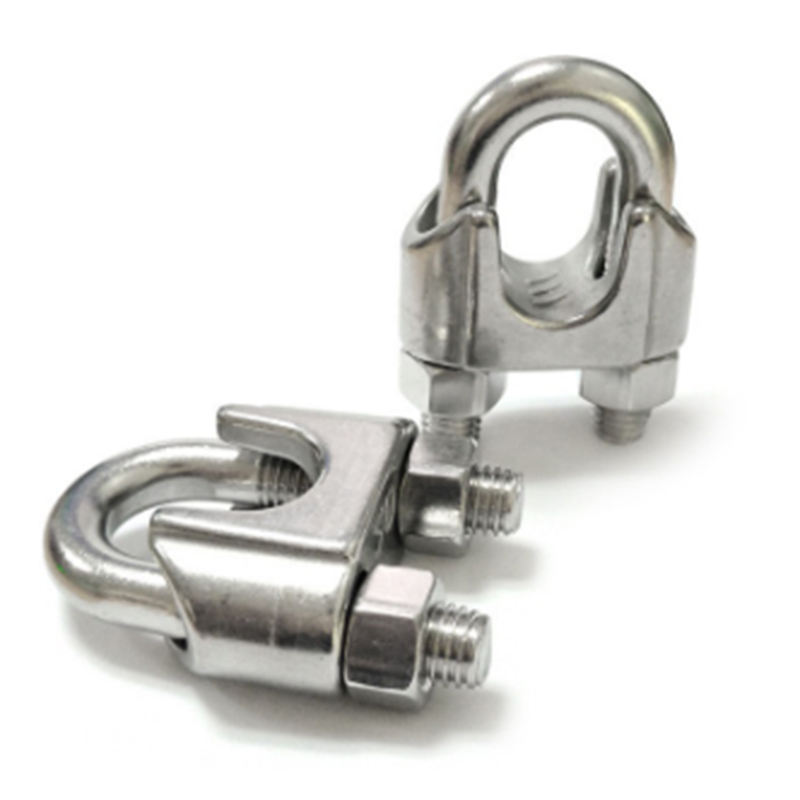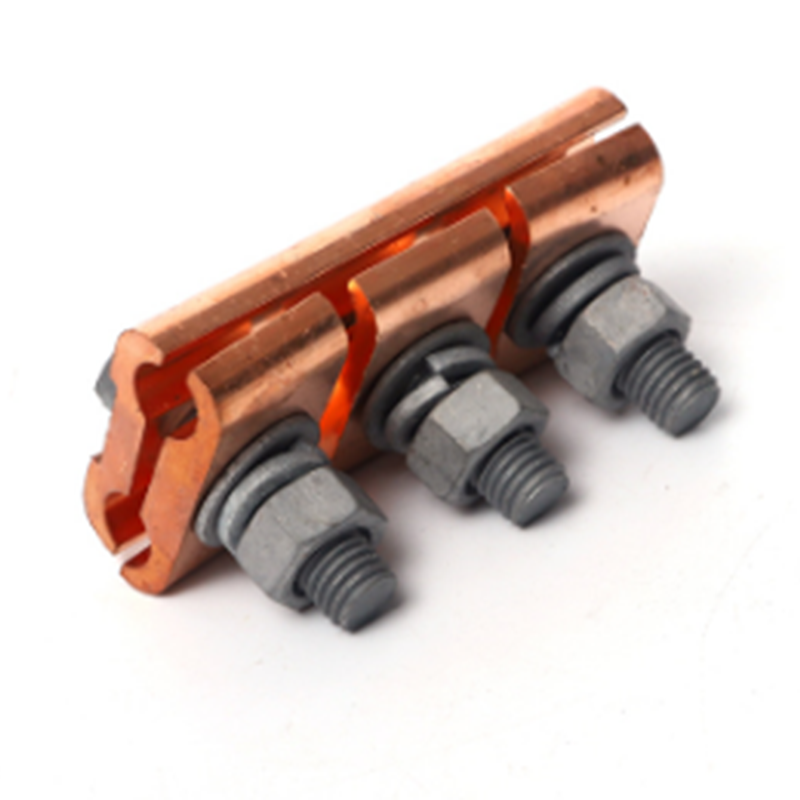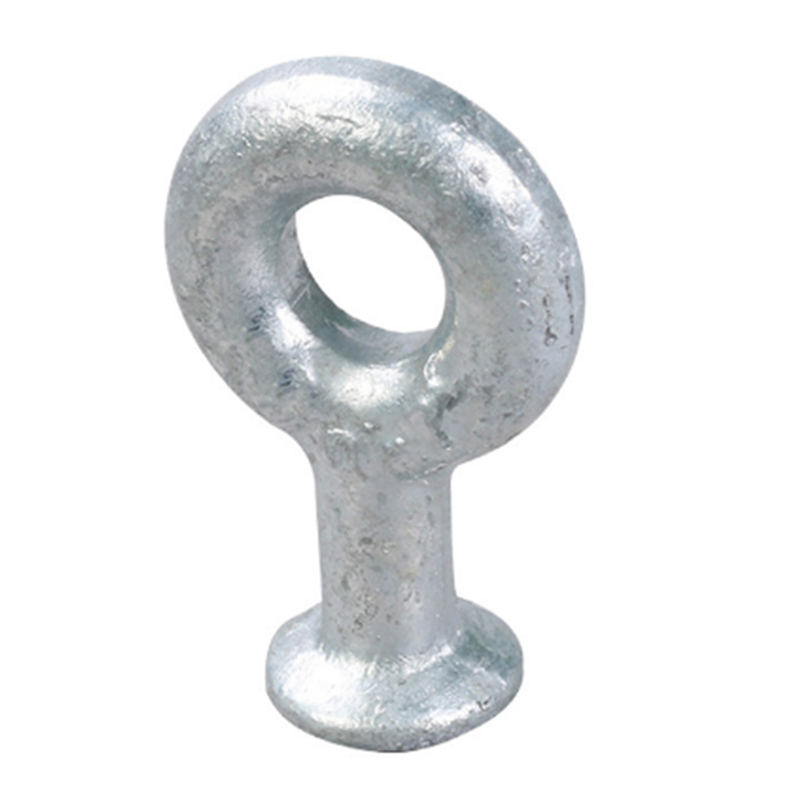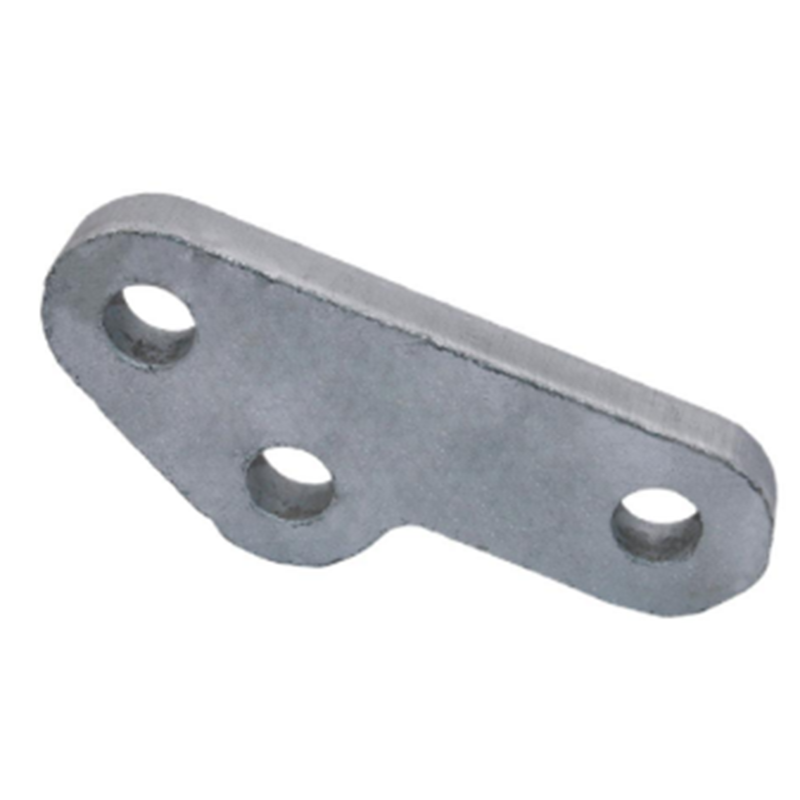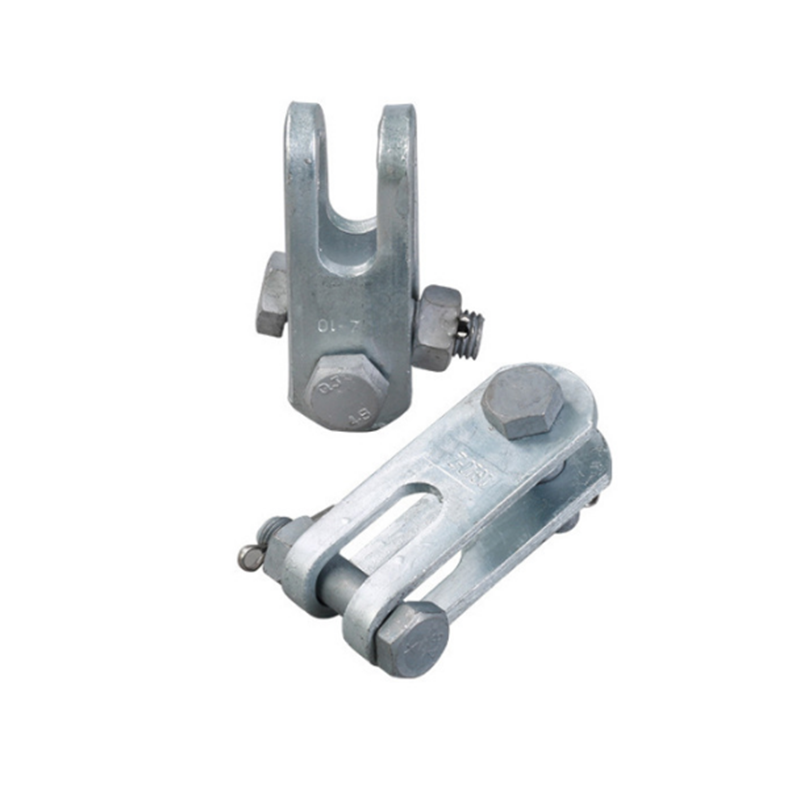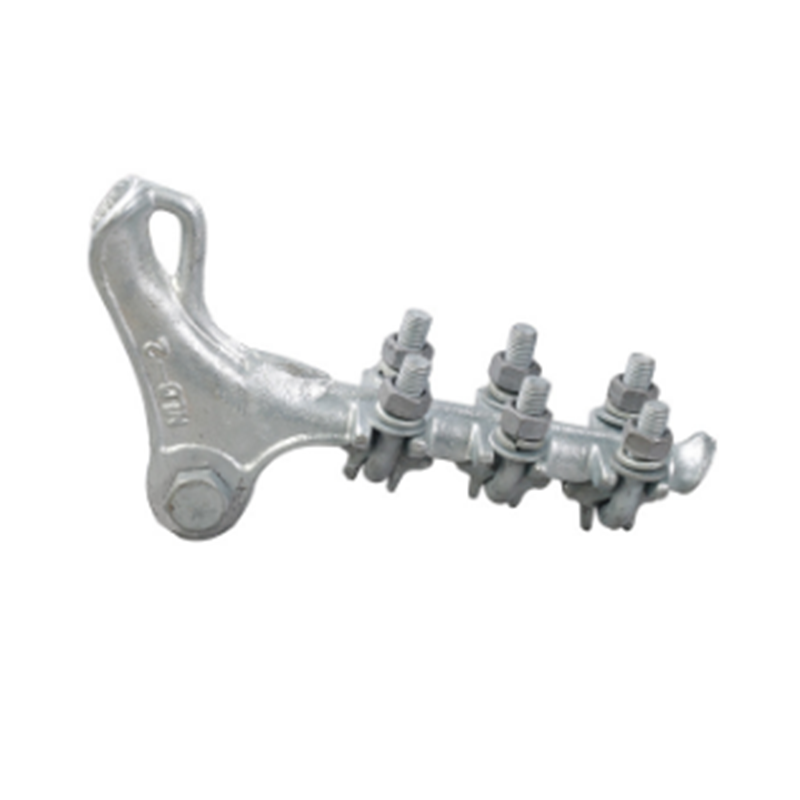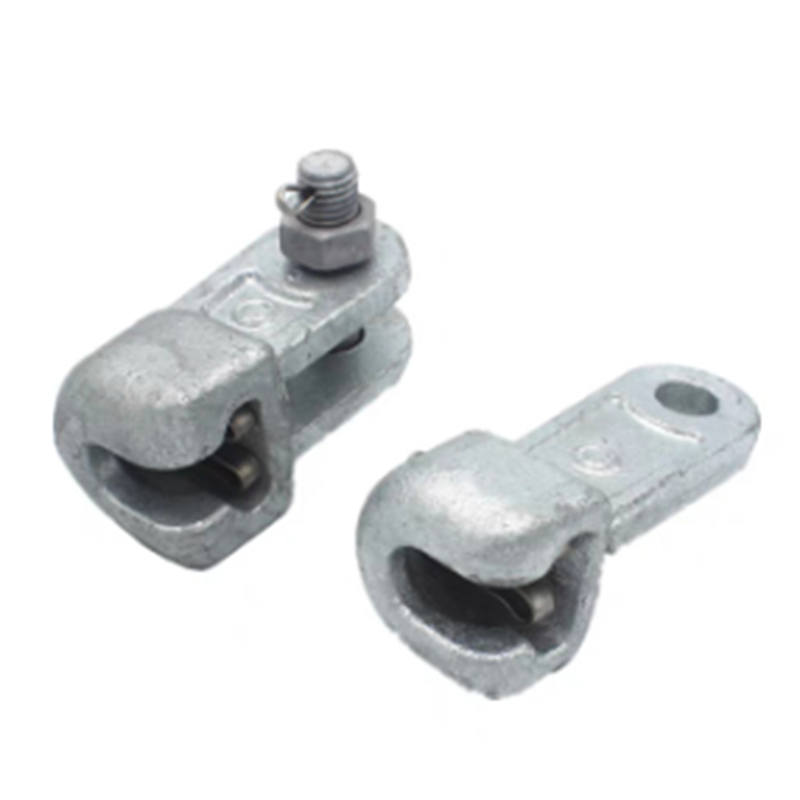- Chinese
- French
- German
- Portuguese
- Spanish
- Russian
- Japanese
- Korean
- Arabic
- Irish
- Greek
- Turkish
- Italian
- Danish
- Romanian
- Indonesian
- Czech
- Afrikaans
- Swedish
- Polish
- Basque
- Catalan
- Esperanto
- Hindi
- Lao
- Albanian
- Amharic
- Armenian
- Azerbaijani
- Belarusian
- Bengali
- Bosnian
- Bulgarian
- Cebuano
- Chichewa
- Corsican
- Croatian
- Dutch
- Estonian
- Filipino
- Finnish
- Frisian
- Galician
- Georgian
- Gujarati
- Haitian
- Hausa
- Hawaiian
- Hebrew
- Hmong
- Hungarian
- Icelandic
- Igbo
- Javanese
- Kannada
- Kazakh
- Khmer
- Kurdish
- Kyrgyz
- Latin
- Latvian
- Lithuanian
- Luxembou..
- Macedonian
- Malagasy
- Malay
- Malayalam
- Maltese
- Maori
- Marathi
- Mongolian
- Burmese
- Nepali
- Norwegian
- Pashto
- Persian
- Punjabi
- Serbian
- Sesotho
- Sinhala
- Slovak
- Slovenian
- Somali
- Samoan
- Scots Gaelic
- Shona
- Sindhi
- Sundanese
- Swahili
- Tajik
- Tamil
- Telugu
- Thai
- Ukrainian
- Urdu
- Uzbek
- Vietnamese
- Welsh
- Xhosa
- Yiddish
- Yoruba
- Zulu
- Kinyarwanda
- Tatar
- Oriya
- Turkmen
- Uyghur

8 bolts
Understanding the Role of 8 Bolts in Secure Fastening
When it comes to securing components in various structures, the choice of bolts is crucial. One specific type that deserves attention is the 8 bolts, widely acknowledged for their robustness and versatility. But what exactly makes them a go-to solution in the fastener industry?
The Basics of 8 Bolts
In my experience, particularly at places like Shengfeng Hardware Fastener Factory, the term 8 bolts refers generally to Grade 8 bolts. These are high-strength fasteners, primarily made from medium-carbon alloy steel, treated to enhance their tensile strength. They're known to handle high-pressure applications, often used in automotive, construction, and heavy equipment.
One common misconception is equating bolt grade solely with its size, while in truth, it signifies the bolt’s material properties and intended application. For instance, confusion often arises when users mistake them for simply thicker bolts without considering structural requirements.
At Shengfeng, located conveniently near National Highway 107, the manufacturing capabilities offer comprehensive specifications. This ensures one chooses the correct bolt not just by size but by application need and environmental factors.
Real-World Applications
Consider a scenario where machinery assembly is crucial. Utilizing incorrect fasteners could lead to disastrous outcomes, not just substantial operational costs. As a professional who has faced such challenges, selection criteria for 8 bolts must include load demands and environmental considerations.
Interestingly, it's not just about strength; it's also the bolt's resilience to factors like corrosion or pressure changes, something I've often seen manufacturers overlook. Investing in high-quality suppliers, such as Shengfeng, assures compliance with rigorous standards—a factor pivotal for reliability.
At times, I've seen projects come to a halt due to improper bolt specifications—a cost not only in finances but also morale. The advantage of partnering with seasoned manufacturers mitigates such risks.
Challenges and Considerations
One of the recurring issues in fastener applications involves the tolerances and threading, especially when adapting older equipment with newer parts. Often, threading mismatches could cause minor to severe threading damage, especially in a stress-prone industrial setting.
From experience, I recommend always verifying compatibility with existing systems, considering both technical specifications and overall assembly dynamics.
The convenience of sourcing from prominent manufacturers like Shengfeng provides not just quality assurance but also offers access to a wealth of knowledge and technical support, which can be fundamental in complex projects.
Data-Driven Decisions in Bolt Selection
In a data-driven world, selecting hardware such as the 8 bolts should involve thorough analysis and historical data. I've consulted several industry experts who emphasize documentation in past projects as a critical component for informed decision-making.
Leveraging data from reputable suppliers like the Shengfeng Hardware Fastener Factory allows for cross-referencing industry standards with practical, tested results. This is invaluable in optimizing performance and durability.
Having insights into previous project outcomes provides an edge, ensuring that decisions are not just based on immediate needs but align with long-term strategic goals.
Why Quality Matters
Finally, a critical lesson through years in the industry is that quality cannot be compromised. The stakes in mechanical integrity are too high, whether considering safety, longevity, or efficiency.
Products from Shengfeng embody a commitment to quality, reflective of their deep-rooted expertise and strategic location in Hebei's industrial zones. Their portfolio, ranging across various bolt types and fasteners, stands as a testament to reliability and innovation.
Ultimately, choosing the right 8 bolts entails not just an understanding of material science but an appreciation of industrial craftsmanship—a philosophy that underpins every successful engineering project.
Соответствующая продукция
Соответствующая продукция






